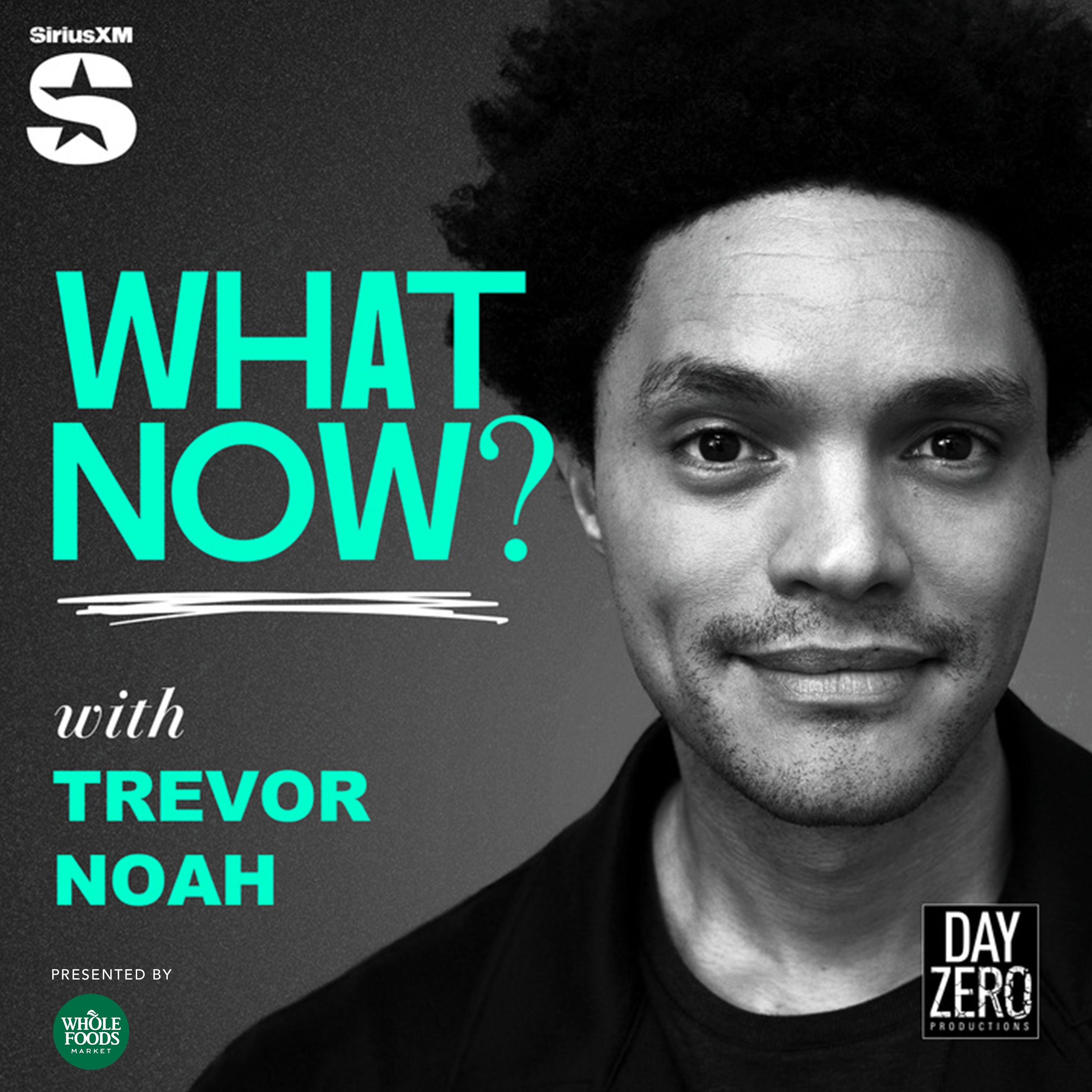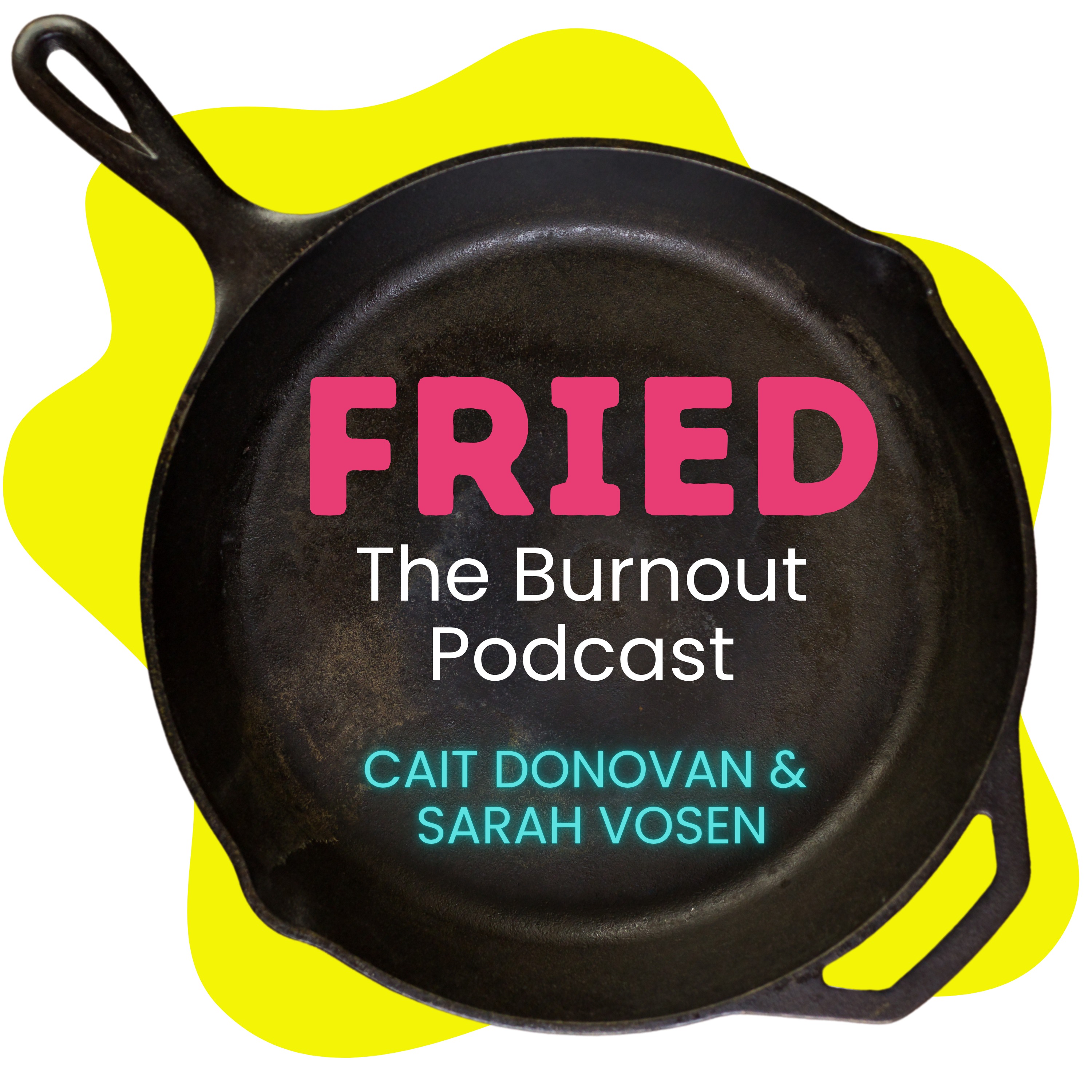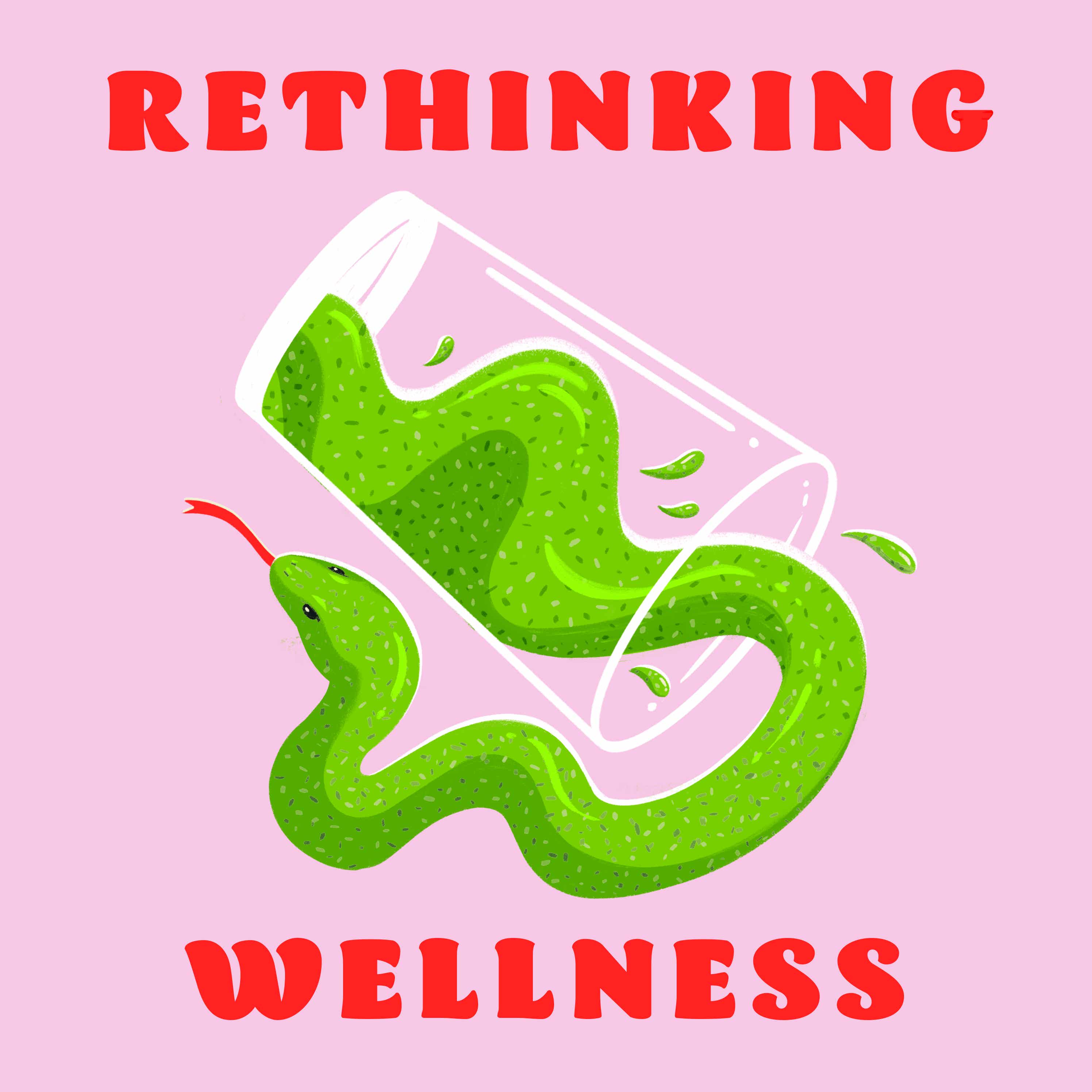
LIFE Podcast with Dr. C
Is your personal infrastructure is broken? It may be time for an audit.
Welcome to the official home of The LIFE Podcast.
I am your host, Dr C™, an Organizational Change Doctor with over 25 years of experience diagnosing what makes complex systems fail—and how to make them thrive. I’ve learned that high-performing leaders often apply rigorous strategy to their businesses while letting their personal operating systems run on fumes.
This podcast is where we stop the "grind" and start the strategy.
Each week, we apply the principles of The LIFE Blueprint™ (Learn, Inspire, Flourish, Evolve) to all the dimensions of your well-being. From financial solvency and occupational boundaries to emotional intelligence and environmental design, we move beyond surface-level self-help to discuss systemic changes.
Whether it’s a solo deep-dive or a candid interview with an expert guest, our goal is simple: to help you move from chaos to clarity and design a life you don’t need a vacation from.
Listen. Subscribe. Let's get to work.
LIFE Podcast with Dr. C
Lies, Scams, and Bad Advice
Your social media feed is a minefield of bad health advice, wellness scams, and deliberate lies (Disinformation). It's designed to confuse and exhaust you. This episode is your guide to navigating it safely.
We give you a simple toolkit, developed with expert Dr. Jerry Washington, to regain clarity. Learn to instantly spot the red flags of manipulation and protect your health and wallet.
You can connect with Dr. Washington by clicking on the sites below:
Thank you for listening! We'd love to hear from you!
Welcome to the life podcast. This is the show for anyone who's ever wonder what it means to live a life that you genuinely love. I'm your host, Dr. C. And here we're all about learning, finding inspiration, flourishing and evolving. So let's jump right into today's conversation. So seen that post on TikTok or Instagram, Facebook, they're all over the place, right? The one that says eating an orange in the shower can cure anxiety, or maybe the one claiming that hidden parasites are the real root cause of your sugar cravings. I know it sounds wild, but these ideas get millions of clicks and views. That's part of a massive, unregulated, and often deceptive online wellness industry. So they were going to be built being a powerful toolkit to protect ourselves from the flood of bad information online and we're going to do it using our four life principles of course so first we'll learn and break down the science of misinformation and give you some simple no fluff strategies to see through the noise second we'll get inspired with our expert dr jerry washington who will give us some incredible insights on how to navigate this world with confidence third we'll map out how to flourish We'll show you the incredible rewards that come from building your information immune system. And finally, we'll evolve. We'll talk honestly about the challenges we face and see them as catalysts for our own growth. So this isn't just about avoiding bad health advice. It's about learning to navigate the world with more clarity and less stress. So let's get started with our first pillar. Let's learn what we're up against. To fight this problem, we first have to understand that the stakes are higher than you might think. The U.S. Surgeon General has warned about the real world harm caused by health misinformation. We're talking about people rejecting proven public health measures or using treatments that are not just ineffective, but sometimes toxic and fatal. The World Health Organization even coined a term for it, and they call it Infodemic. An epidemic of bad information that spreads just like a virus. And like a virus, there are different strains. Experts usually break them down into three categories based on one critical factor. Intent. First, there's misinformation. This is false information that is shared without a deliberate intent to harm. Think of your aunt who shares a scary sounding article because she's genuinely concerned. She doesn't know it's false. It's a mistake, but one that could still have dangerous consequences. Then there's disinformation. This is the nasty stuff. It's false information that is deliberately created and spread to deceive you for money, political gain, or to just sell chaos. This isn't a mistake. It's a weapon. And finally, there's a sneakier category, malinformation. This is when someone takes real information, like a real photo or a private email, and shares it out of context specifically to mislead or cause harm. The information is true, but it's used in a malicious way. Okay, so why do we fall for this stuff? It's not about being smart or dumb. It's about how our brains are wired. We all use mental shortcuts or cognitive biases to get through the day, and those shortcuts can be hijacked. One of the biggest is confirmation bias. That's our tendency to believe information that confirms what we already think is true. If you believe natural is always better, you're more likely to accept a story about a miracle herb and ignore a scientific study that says it does nothing. It doesn't work. And then there's emotion. We are far more likely to believe and share things that makes us feel a strong emotion, especially fear and anger. A headline that screams, this common food is poisoning your children is designed to trigger your protective instincts. Thank you so much for joining us. All right, so now it's time to get inspired. So to help us unpack this complex landscape even further, I am so thrilled to welcome my colleague, my dear friend, Dr. Jerry Washington. Thank you so much for being here today. And we're so thankful because he really is sharing his expertise in media literacy and helping us understand this complex landscape of misinformation, disinformation, and malinformation, which I'm still learning I'm still trying to figure out what all that means. So thank you again for joining us, Dr. Washington.
Dr. Washington:Appreciate it. Thank you. So what do you want me to call you?
Dr C:So we've started by defining misinformation and disinformation. And in your work, and malinformation, excuse me, and in your work, which of these do you see as the most dangerous in the public sphere today and why?
Dr. Washington:So all of them are dangerous, right? All of them are dangerous. The most dangerous, though, would be disinformation. And that's because it's targeted and there's an infrastructure that's been built behind it. So that's the most dangerous part of it is that it's monetized. People are motivated to use it. But when you think about misinformation and disinformation and malinformation, and malinformation is merely just true information that's disconnected from content or context. And so with disinformation, you're getting someone targeting a certain community and they have monetary support.
Dr C:The World Health Organization calls this an infodemic, almost very similar to the pandemic, right? So an infodemic which I had never heard of until I started doing some research for our session. Is that an accurate metaphor? Does thinking about false information as a virus help us understand how to fight it?
Dr. Washington:You know, it does. Metaphors, you know, I've studied metaphors as well. Metaphors, they hide just as much as they illuminate. So the metaphor can only go so far. It's really good to understand the way information spreads within a community. It's also important to debunk information. Pre-bunking is what they call it, which is kind of analogous to getting some type of shot to reduce the effects. But there's no... There's no replacement for critical thinking. Critical thinking has to be there. The problem that the metaphor has is when it gets into the realm where we're putting censorship on the people. So we can't censor people, but we need to educate people enough to be able to combat the misinformation.
Dr C:And with AI, and I know we didn't necessarily talk about AI even in the opening of this episode, but even with AI, I'm seeing even more and more opportunities for misleading information or information that's not being checked, right? So if you're asking AI a question and assuming that you're getting the right answer, I can imagine that it's going to get even more complicated, right? Because people are turning to AI to answer even the simplest of questions.
Dr. Washington:Yeah, it is. You know, there's the idea of epistemic responsibility And I know that's a very technical word, but it's very important. And it's basically just saying that we are responsible for the information we read and the information we share. to other is accurate. And artificial intelligence is no different than a library. Having access to all that information just means you need to validate it across various sources.
Dr C:Beautiful. I love that. So great segue. Let's talk about tactics. What are some of the subtle psychological hooks you see used again and again, whether it's to sell a wellness product or to push a political agenda?
Dr. Washington:There's so many, so many. There are five repeat offenders is what I I like to call, and I've posted extensively about this, is the confirmation rewards. It's really the confirmation bias, right? It already fits with what I believe. People tend, when they read it and it's something they already believe in, they're less likely to check to see if it's valid or still valid because we also have to understand that information changes over time as more information becomes available. The hijack. Right? Anger and fear, it's a motivator. And anger and fear will be kind of a knee-jerk reaction to information. And so we typically, when something angers us or we fear it, we're less likely to check and make sure that it's accurate. Then there's also your identity. And that kind of falls back into the confirmation bias or confirmation rewards. Your identity, right? The people around you. that you trust are saying things and you believe it. You know, so that's how those hooks get in there. And then there's the pseudoscience type that it sounds like it could be right, right? And if you don't go and check it against multiple different sources, you might find one page that says this is it. But if you look at across several different pages, it says it is this in this particular situation and not across all situations.
Dr C:So, Finally, for the average person who just feels overwhelmed, as I had said earlier, what's the single most important habit they can cultivate to navigate this world a little safer?
Dr. Washington:One thing that we can all do is be slow to share the information. Slow to share. If it spikes your feelings, if you're really emotional about something, you should slow down before you're sharing the information. forward. Take a pause, 90 seconds, whatever it takes, but just pause for a moment. Check the source. Check your emotion. Look for the evidence. Stop before you share it and make sure you understand the entirety, as much as you can, of the information that you think you want to share forward. That habit, if we all did, it's kind of like the concept of if everybody picked up one trash off of the street, right? Like if we all did that, just slow to share information and the validated first, that is important. If you go through my social media, especially like on Facebook, the stuff I share, even if it's a meme, I've checked it and I know where it's valid and where it's not valid. And I'll usually be pretty much upfront about where the information in that particular Wow.
Dr C:Can I just go over your three points real quick to make sure that I got them? Okay. So check your source. Where is it coming from? Why are they putting it out? Who's putting it out? What is their intent and their credibility? Who are they? How long have they been, you know, to your point, are they public accountable to the public or accountable to themselves? Yep. Did I get that right? Great.
Dr. Washington:Yep.
Dr C:Check the emotion, right? Why are you, what and what, why are you feeling this way? Is it anger? Is it, are you happy? Is it confirmation? Right. Is this something that you believe? And now you're like, see, I told you. And because we know that disinformation is designed to hijack our emotions so that we can't think we can't think rationally or critically. Did I get that right? Good. I'm learning. I'm learning. And then check for an exit. You mentioned that whether the information is real or not, you could still share it and state to someone why it's disinformation or malinformation and also start. Yeah. kind of helping other people learn how to fact check themselves, correct?
Dr. Washington:And share the evidence.
Dr C:And share the evidence. Yes. Thank you so much, Dr. Washington. Really appreciate you sharing your expertise. You can reach out to Dr. Washington through his social media, and we will have all that listed in the show notes. He is an amazing individual, amazing friend. And if you have any questions about myths, dis or malinformation, this is your guy to go to. And that's a wrap for today's episode. who are on the same journey as us. Thank you for being part of our circle. We'll be back with a brand new episode next week. But until then, keep on learning, stay inspired, continue to flourish, and never stop evolving. I'm your host, Dr. C, and this is The Life Podcast.
Podcasts we love
Check out these other fine podcasts recommended by us, not an algorithm.

What Now? with Trevor Noah
Trevor Noah
The Mel Robbins Podcast
Mel Robbins
Hidden Brain
Hidden Brain, Shankar Vedantam
FRIED. The Burnout Podcast
Cait Donovan

